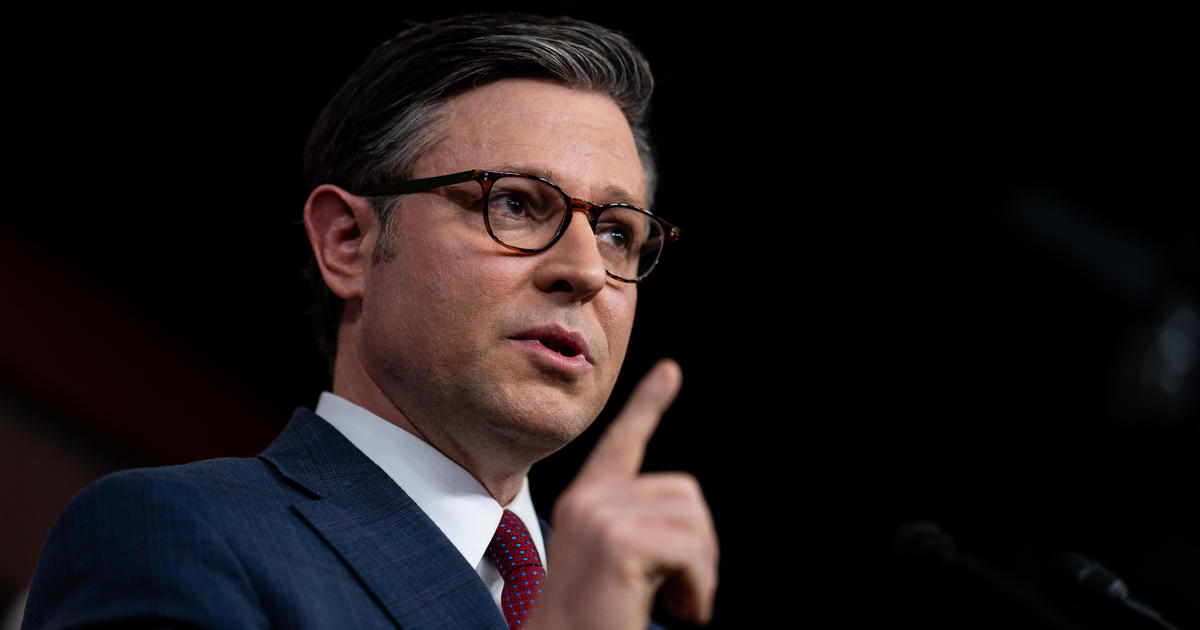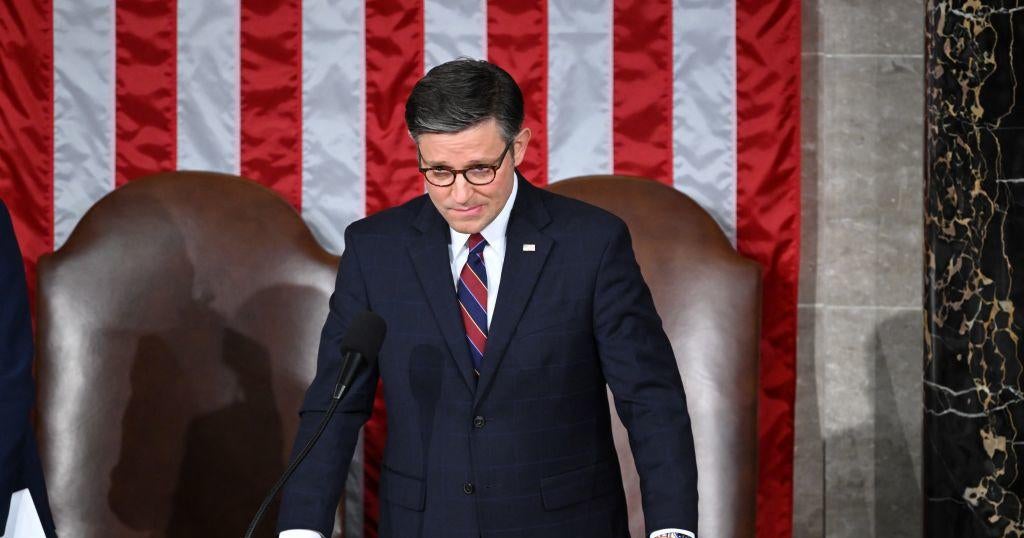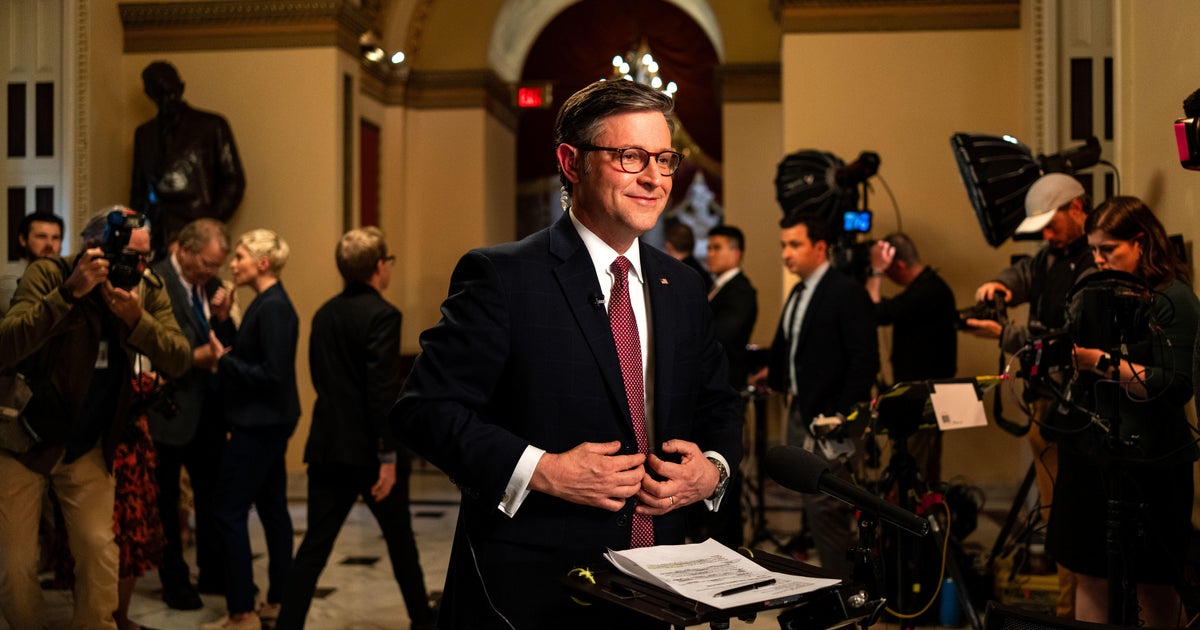House approves $715 billion transportation bill amid infrastructure push
While President Biden travels across the country to promote his multi-trillion dollar infrastructure plan and the bipartisan deal negotiated in the Senate, the House voted this week on a separate $715 billion five-year transportation bill that shares some similarities with the bipartisan proposal.
The House approved the INVEST in America Act on Thursday with a vote of 221 to 201. The measure would dedicate $343 billion to roads, bridges and safety, $109 billion to transit, and $95 billion to passenger and freight rail. It would also commit $117 billion to drinking water infrastructure and over $51 billion to wastewater infrastructure. The bill passed along party lines, even though it included earmarks proposed by Republican members that would explicitly help their districts.
Meanwhile, a bipartisan group of senators last week reached a deal on a $579 billion infrastructure proposal endorsed by Mr. Biden. The president is also committed to supporting a larger bill to address Democratic priorities that aren't included in the bipartisan measure. Democrats would use the budget reconciliation procedure, which enables them to pass the bill without any Republican support. The reconciliation bill is expected to include "human" infrastructure priorities outlined in Mr. Biden's American Families Plan, including child care, health care and education.
Congressman Peter DeFazio, the chair of the House Transportation Committee and author of the bill, hasn't said yet whether the House and Senate will go into conference to reconcile the differences between the bipartisan deal and the House surface transportation bill. And on Wednesday, DeFazio noted that the details of the Senate proposal have yet to be released.
"The Senate bipartisan deal is an outline, and it has good numbers," DeFazio said, adding that the Senate proposal was "within shouting distance" of his bill. "I believe we could work out the spending levels in the bill, but there is no policy attached to their proposal."
DeFazio set October 1 as a deadline for Senate action, due to a water-related act that must be reauthorized.
Speaker Nancy Pelosi reiterated on Wednesday that she wants to wait for the Senate to vote on the bipartisan proposal and on the bigger budget reconciliation bill that will contain the human infrastructure elements before the House considers them.
The House may also wait to take up a budget resolution, which would include the instructions for committees to craft a reconciliation bill, until House Democrats see what provisions will make it through the evenly divided Senate.
"One decision we have to make is whether to wait for the Senate to do a budget resolution, pass it and send it to us and then just pass theirs or do our own markup. And that decision we haven't made yet," House Budget Committee Chair John Yarmuth told reporters on Tuesday.
Senate Budget Committee Chair Bernie Sanders is currently crafting the budget resolution and estimates the reconciliation bill could cost as much as $5 or $6 trillion, depending on what's included in the bipartisan proposal. But any reconciliation bill will also need the support of moderate Democratic Senator Joe Manchin, who is reluctant to consider a bill over $2 trillion.
"We have very slim margins here, and it might be hard to get people to vote for the budget resolution that's not the same as the Senate resolution," Yarmuth said.
Yarmuth was scheduled to meet this week with progressives and the moderate Blue Dog Caucus. Members of the White House legislative team also met Tuesday with the Congressional Progressive Caucus and the bipartisan Problem Solvers Caucus. Congresswoman Pramila Jayapal, the chair of the progressive caucus, said Tuesday that she was "coordinating very closely" with Sanders.
"I feel like we're going to be pretty aligned," Jayapal said, although she argued that the House should move first in order to have "even more ability to ensure our priorities are embedded in there."
Meanwhile, Mr. Biden traveled to Wisconsin this week to promote the bipartisan deal.
"I'm going to be out there making the case for the American people until this job is done, until we bring this bipartisan deal home," the president said. "Until our human infrastructure needs are also met."
Zak Hudak contributed to this report.




